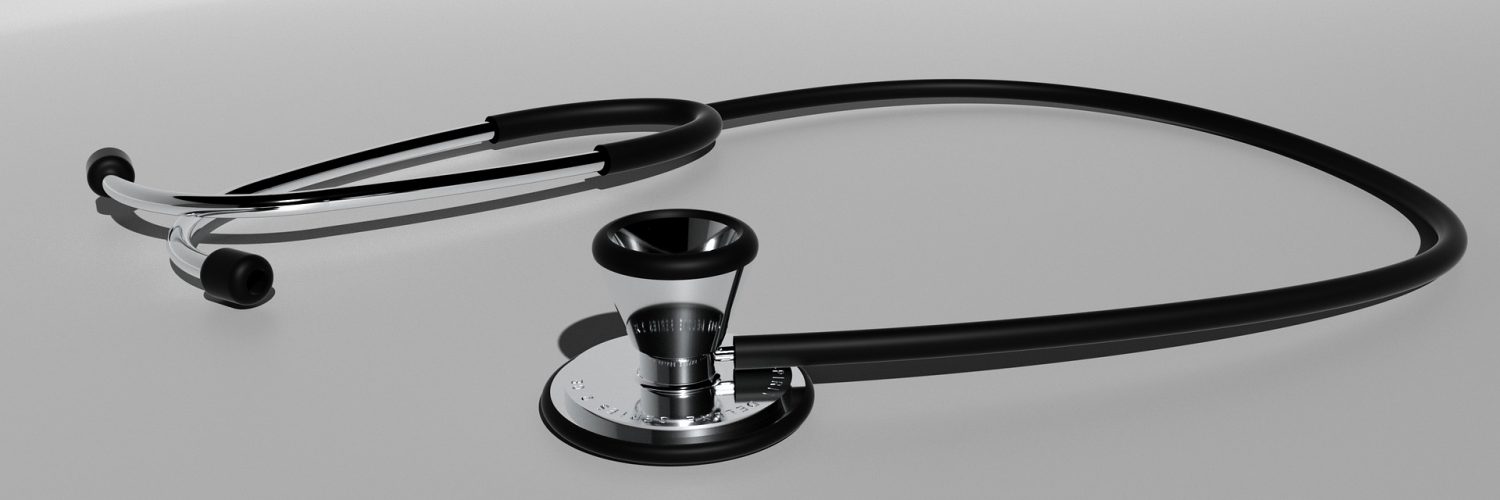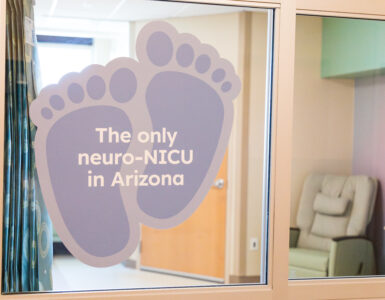Phoenix Children’s Hospital’s heart surgery program received the top rating of three stars from the Society of Thoracic Surgeons (STS) for the sixth year in a row.
Out of 118 participants, the Cardiothoracic Surgery team at Phoenix Children’s is one of only ten in North America to earn this rating.
“It fills us with pride that we’re able to achieve three-stars and not as a fluke. It’s been validated for six years in a row,” Daniel Velez, MD, Division Chief of Cardiothoracic Surgery at Phoenix Children’s, said. “It’s a validation that we are doing the right thing, that we are allocating resources and actually delivering what our goal is which is to do our best for our patients.”
The STS ratings are based on four years of congenital cardiothoracic surgery outcomes data. It uses the Congenital Heart Surgery Database to measure programs in the United States and Canada on the “overall risk-adjusted observed-to-expected operative mortality ratio for all patients undergoing pediatric and/or congenital cardiac surgery.”
According to Velez, the fact that the hospital reports its data publicly is a “big deal” and shows transparency in the hospital.
One-star ratings are given to programs with statistically higher operative mortality rates than expected, a two-star rating is awarded to programs with as expected mortality rates and three-star ratings are awarded to programs that have lower-than-expected mortality rates.
“If you get three-stars it means that you’re performing better than expected and it’s likely that you are taking on some patients that are high risk and somehow they’re getting through,” Velez said.
It also means that parents looking for care for their children do not need to search outside of Arizona, Velez said.
Phoenix Children’s has also recently received a no. 9 ranking in heart surgery by U.S. News and World Report as well as a Leapfrog Group “Top Children’s Hospital” award.
According to Velez, the hospital is trying to continue developing and strengthening its research ability, especially in the transplant program.
“When I need to do something big like the total artificial heart, it’s just one phone call to inform and we move forward. I think that’s a strength that not many other hospitals have, they may need to jump through multiple hoops to get from point A to point B but that’s not the case here,” he said.
For more information on the ranking, click here.















Add comment